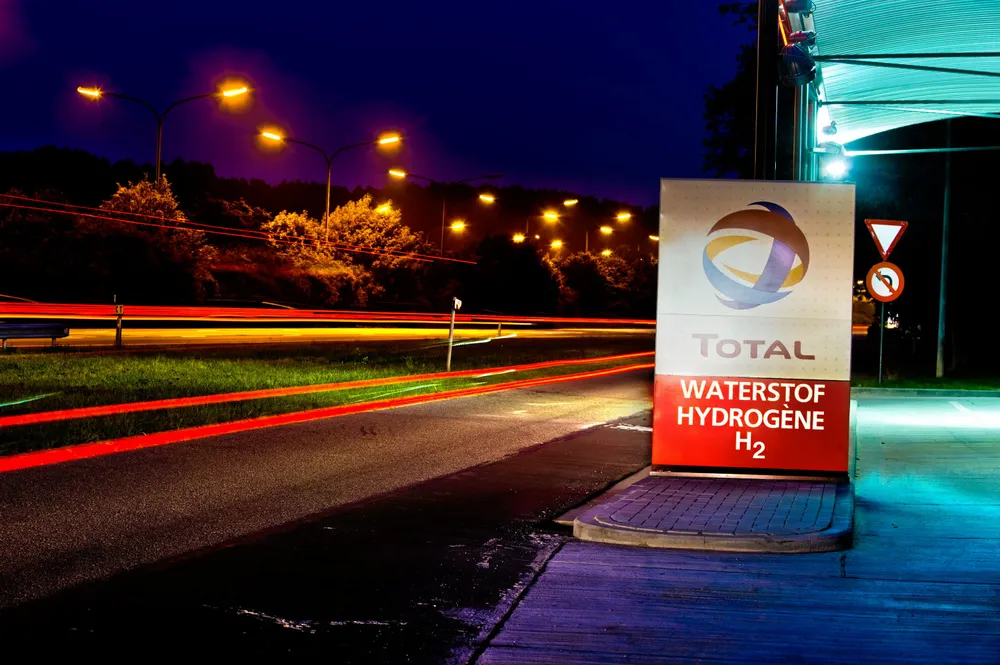Total and Air Liquide join forces to build more than 100 hydrogen filling stations for heavy-duty vehicles in Europe
New joint venture will be a ‘major player’ in the sector, the two companies declare

New joint venture will be a ‘major player’ in the sector, the two companies declare
